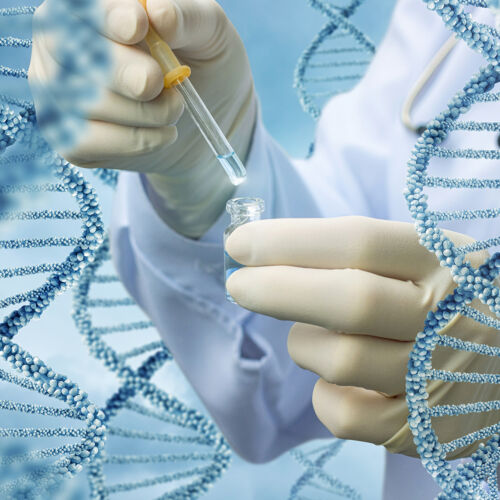According to Merriam-Webster, the definition of biocompatibility is: compatibility with living tissue or a living system by not being toxic, injurious, or physiologically reactive and not causing immunological rejection. This term is being used more than ever in the medical and dental fields, particularly in integrative medicine and biological dentistry, however, most health care professionals are not investigating the true impact of these materials used in health care and dentistry.
This recently published scientific review article below explains in depth the importance of biocompatibility testing and why and how it can prevent exposures to materials that can have a detrimental effect on the patient’s health.
Dr. Hal Huggins understood the importance of biocompatible materials decades ago, which is why he started Biocomp Laboratories. As a researcher and toxicologist, he knew that he would only list materials given by manufactures that provided the maximum composition of their products, which may include aluminum. He noted that many dental materials had aluminum and that it is toxic to humans. It is only now, that some dental professionals are investigating this very important aspect of dentistry.


Please visit our sister site, BioComp Labs, to learn more about biocompatibility testing and to order your biocompatibility test.
REVIEW ARTICLE
A Review on Potential Toxicity of Dental Material and Screening Their Biocompatibility
by Shahriar Shah et al.
ABSTRACT
Objectives: A wide range of compounds are utilized in dentistry such as dental composites, resins, and implants. The successful clinical use of dental materials relies on their physiochemical properties as well as biological and toxicological reliability. Different local and systemic toxicities of dental materials have been reported. Placement of these materials in oral cavity for a long time period might yield unwanted reactions. An extensive variety of materials is used in dentistry including filling materials, restorative materials, intracanal medicines, prosthetic materials, different types of implants, liners, and irrigants. The increasing rate in development of the novel materials with applications in the dental field has led to an increased consciousness of the biological risks and tempting restrictions of these materials. The biocompatibility of a biomaterial used for the replacement or filling of biological tissue such as teeth always had a high concern within the health care disciplines for patients.
Materials and methods: Any material used in humans should be tested before clinical application. There are many tests evaluating biocompatibility of these materials at the point of in vitro, in vivo, and clinical investigations.
Results: The current review discusses the potential toxicity of dental material and screening of their biocompatibility.
Clinical relevance: It is essential to use healthy and safe materials medical approaches. In dentistry, application of different materials in long-term oral usage demands low or nontoxic agents gains importance for both patients and the staff. Furthermore, screening tests should evaluate any potential toxicity before clinical application.
LINK to full article.

